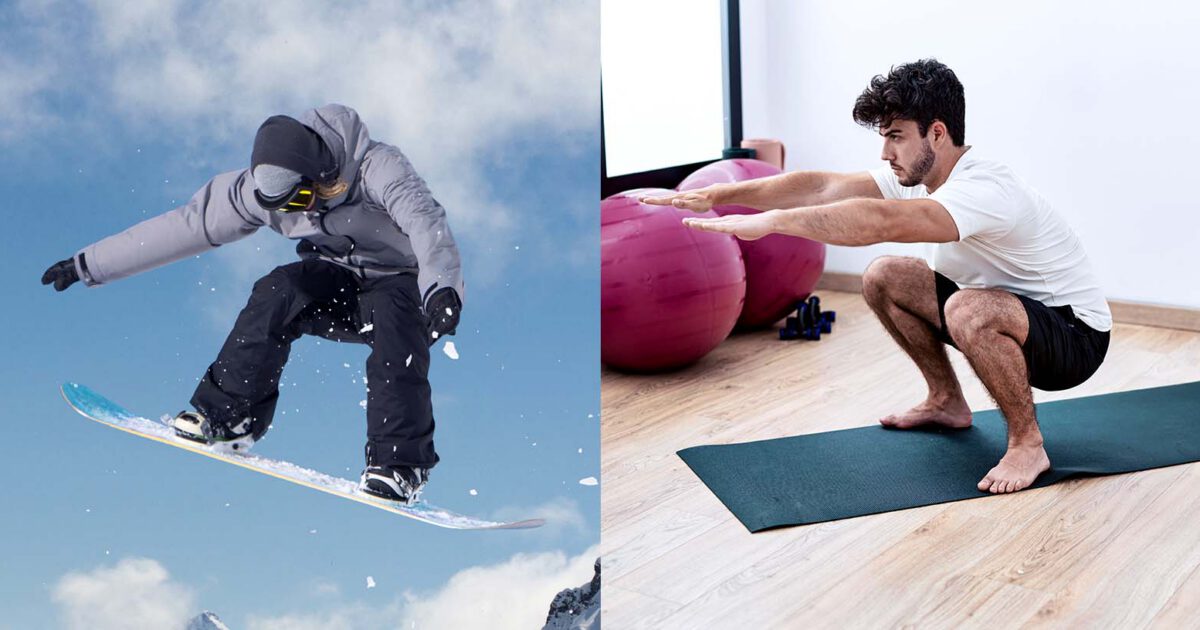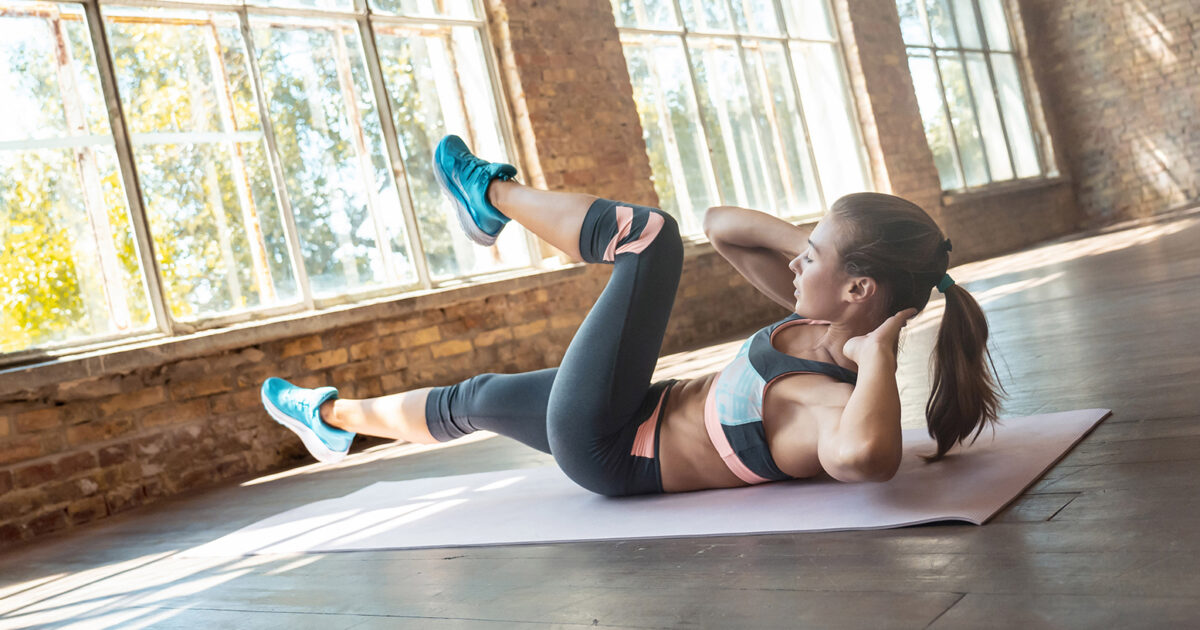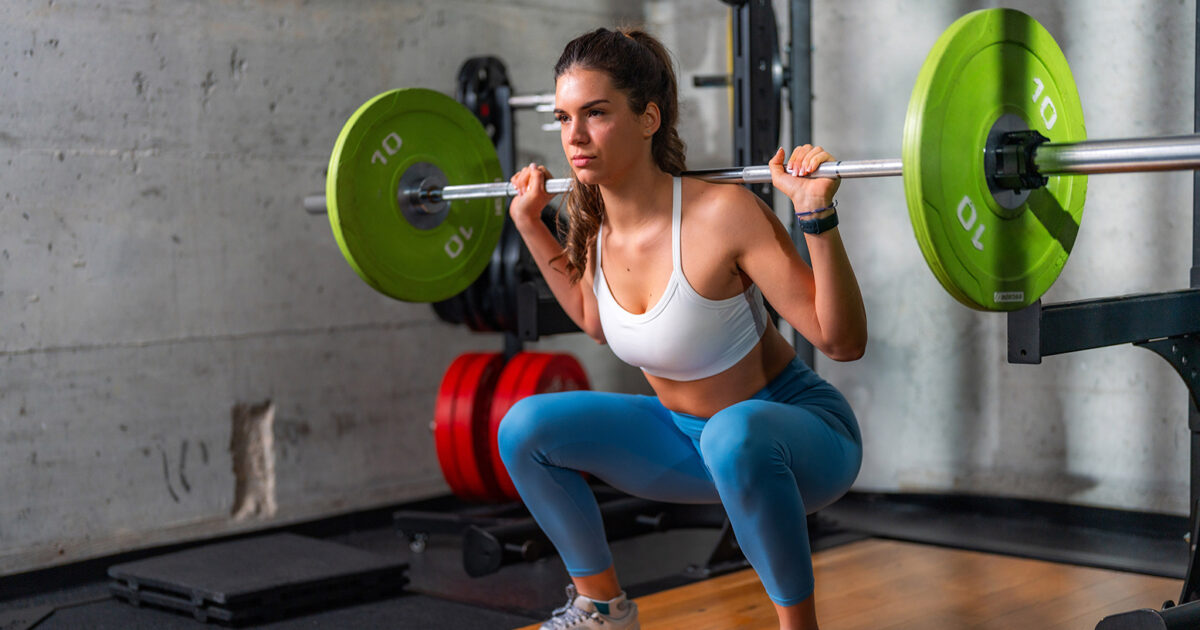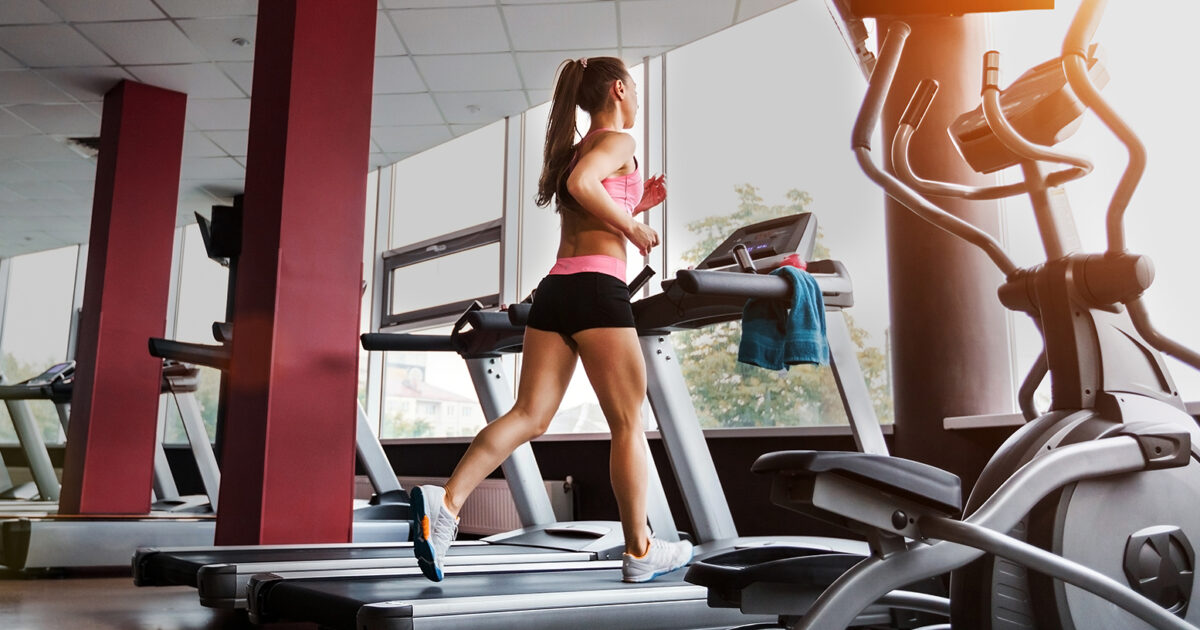Winter is here, which means it’s time to head to your local chalet and enjoy some snowboarding or skiing. But how can you make sure that you’re optimally prepared for sliding down the mountainside? Make sure your list of exercises include the following ones: Yoga Squat, Lunges, Hip Extension with Reverse Fly and Rotations.
TWO WORDS: FUNCTIONAL TRAINING
Though Functional Training, at its heart, aims to help your body perform everyday activities to the best of its ability, its benefits transcend day-to-day movement. Why? These types of exercises work multiple joints and muscles at the same time, while building on your overall strength, agility and balance – all perks that’ll serve you well on the slopes while snowboarding or skiing.
By focusing on Functional Training techniques, you’ll more easily avoid injury (as you’ll be more attuned to how to move your body correctly), traverse your track’s obstacles more easily due to improved coordination and maintain better balance on your skis/snowboard, too.
So – without further ado – here are some great Functional Training exercises to get you fit for the skiing and snowboarding season ahead.
4 FUNCTIONAL EXERCISES TO IMPROVE YOUR SNOWBOARDING AND SKIING
1. Yoga Squat
Benefits: Increases your overall flexibility and amps up your leg strength. Ready to do some cool flips in the snow?
The move:
- Exhale while squatting down with your hands raised high.
- Inhale with your head facing downwards, while bringing your hands down to touch the ground and straightening your legs.
- Exhale as you return to your original squat position, bringing your hands back above your head.
- Inhale as you stand up completely.
2. Lunges
Benefits: Lunges (which are an exaggerated reflection of walking) strengthen all your major leg and buttock muscles, helping you to navigate your skis or board with heightened dexterity.
The move:
- Stand in an upright position.
- Bring one foot forward, then bend both knees so that they’re at a 90 degree angle (with your front knee facing up and back knee facing down). Make sure that your front knee is bent directly above your ankle.
- Keeping the weight in your heels, push yourself back up to a starting position.
3. Hip Extension with Reverse Fly
Benefits: Boosts your balance and coordination skills while strengthening your shoulders, glutes, legs and upper/mid/lower sections of your back.
The move:
- Hold a light dumbbell in each hand and stand up straight.
- Fully extend your right leg behind you, with your toes on the floor.
- Lean forward with your hips while lifting your right leg – still extended straight – behind you, so that you’re fully balanced on your left leg.
- With your head straight, move your chest towards the floor, stretching out your arms.
- Return to the start position and repeat with the opposite leg.
4. Rotations
Benefits: This exercise has two great pluses, building on your core strength while teaching you the correct way to move your back (avoiding injuries from twisting it).
The move:
- Tie a resistance band to a stable object that’s roughly the height of your waist.
- Holding your band with both hands and maintaining an upright position – with one side of your body towards the object on which your band is tied – rotate in a slow and controlled manner away from the object, with your core contracted at all times to support your spine.
- Switch sides and repeat.



